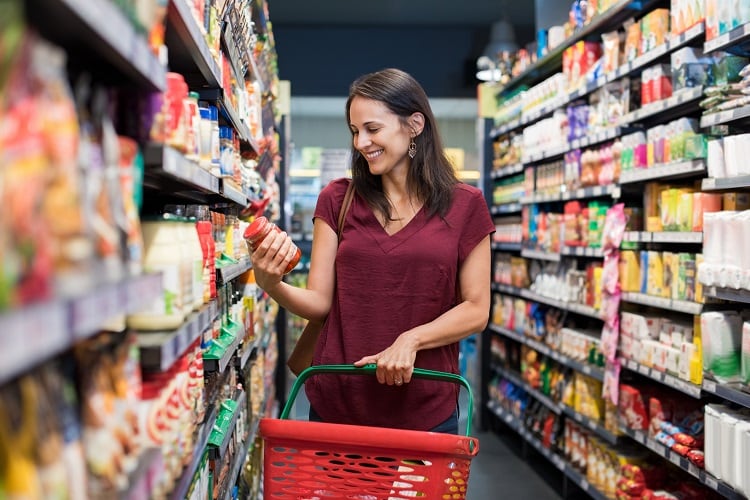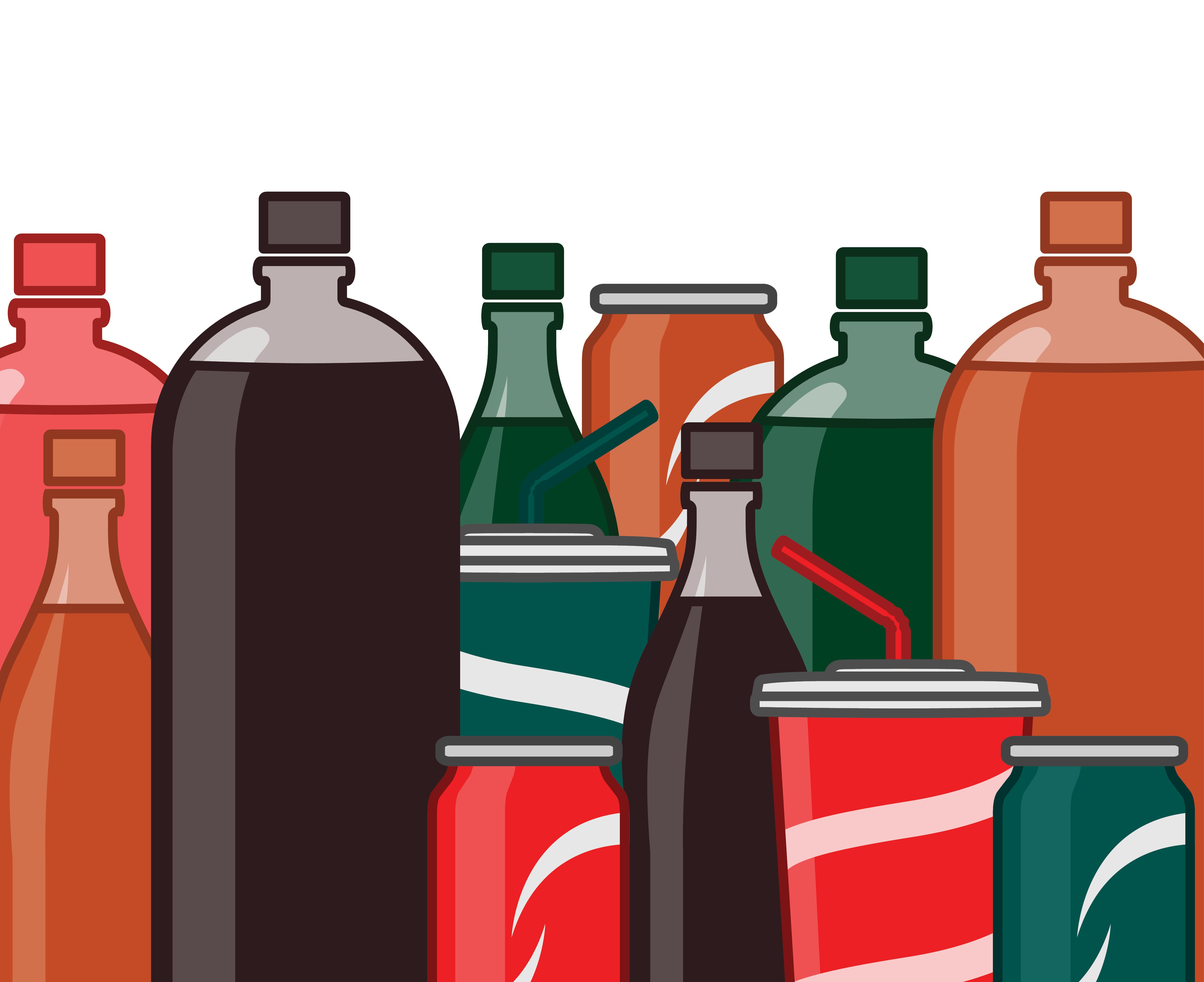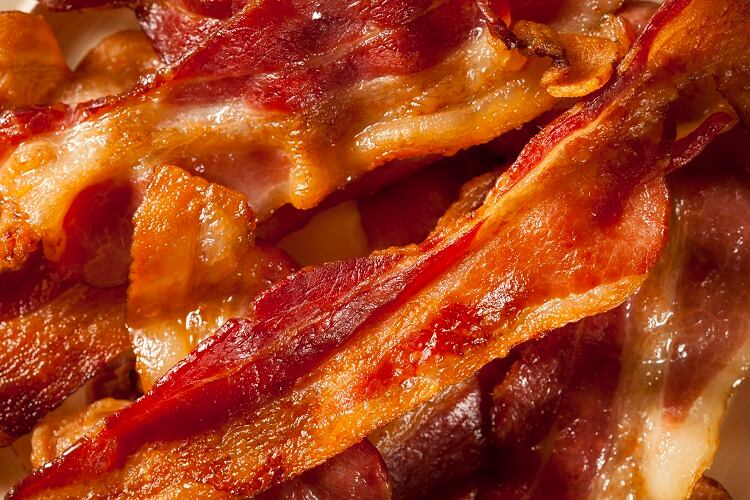As of 1 January 2020, food products high in sugar, saturated fat, and salt in Israel are required to carry a ‘red label’.
According to the government, the purpose of this legislation is to make pre-packaged food information ‘clear’ and ‘accessible’ to the general public. This will enable “consumers to make a knowledgeable choice of food in order to improve their health”.
The legislation (available here in Hebrew) concerns food products that exceed maximum levels of sodium, sugars, and saturated fatty acids, as designated by the Ministry of Health.
Food manufacturers have been granted two deadlines by which to reformulate: 1 January 2020, and 1 January 2021.
As of this month, products that exceed 500mg of sodium, 13.5g of total sugars, and 5g of total saturated fats, per 100g of solid food will require a ‘red label’.
For ‘liquid food’, the maximum allowed per 100ml is 400mg for sodium, 5g for total sugars, and 3g for total saturated fatty acids.
By the second stage (January 2021), the maximum limits will be reduced. For solid food, limits stand at 400mg of sodium, 10g of total sugars, and 4g of total saturated fatty acids. Per 100ml of liquid food, up to 300mg of sodium, 5g of total sugars, and 3g of total saturated fatty acids will be tolerated.
Multipacks and small food packages – which have a front surface less than 25cm² – are exempt from the regulations.
Conversely, produced deemed as ‘healthy’ by the Ministry of Health, will carry a green label.

Other amendments under the new legislation include the ordering of ingredients in products’ nutritional tables. To follow global conventions, lists will now be ordered: calorie value, fat content (including saturated fatty acids, trans fat, and cholesterol), sodium, carbohydrate content (specifying sugars, polyalcohols, and starches), fibre, protein content, vitamins and minerals.
In addition, the number of teaspoons of sugar must be specified alongside sugar content in grams.
Israeli food giant the Strauss Group has welcomed the new regulations on food labelling, describing it as ‘another step’ in its process to improve the quality of its products.
“We at Strauss have been at a constant movement to improve the solutions we offer to our consumers by increasing the 'allergen free' and 'free from' products, added value products enriched by protein, eliminating artificial colourants and many more, along with sugar, sodium and saturated fat reduction,” the company’s CTO and VP of Technology, Professor Eyal Shimoni, told FoodNavigator.
The company has been preparing for the regulation and noted that the majority of its products will not be labelled (91% of its products, aside from the confectionery division).
“We have developed small portions in many of our confectionery and salty products in order to promote the awareness among our consumers and we continue, as we always have, our efforts to improve our products,” he continued.
An opportunity for reformulation?
Strauss is far from the only business looking to improve products through the reduction of fat, sugar and salt.

Israeli start-up Better Juice, for example, has developed a sugar reduction solution made from 100% fruit juices.
CEO Eran Blanchinsky told FoodNavigator that he believes this latest legislation will ‘open a new market’ with ‘new opportunities’ for sugar reduction. “Today, juices are labelled with a red sticker, as they contain a high percentage of sugars. We can reduce the sugar of these products naturally.
“We are the only company that provides a solution that can enable the juice producers to launch a product with less sugar and claim it thus with a better coloured (green) sticker.”
Salt of the Earth is another Israeli business working to help food businesses reformulate. Its Mediterranean Umami ingredient, made with plant-based umami flavour compounds, allows for up to 45% reduction in sodium and 25% reduction in sugar.
Speaking of the new FOP labelling, Salt of the Earth’s business unit director David Hart told FoodNavigator the legislation is designed to influence consumer behaviour.
“As such, in a very competitive market and retail shelf, each company has developed its [own] strategy to react to the FOP regulation. In working with many companies in the local market, we have seen that they are investing significant resources in product reformulation."





